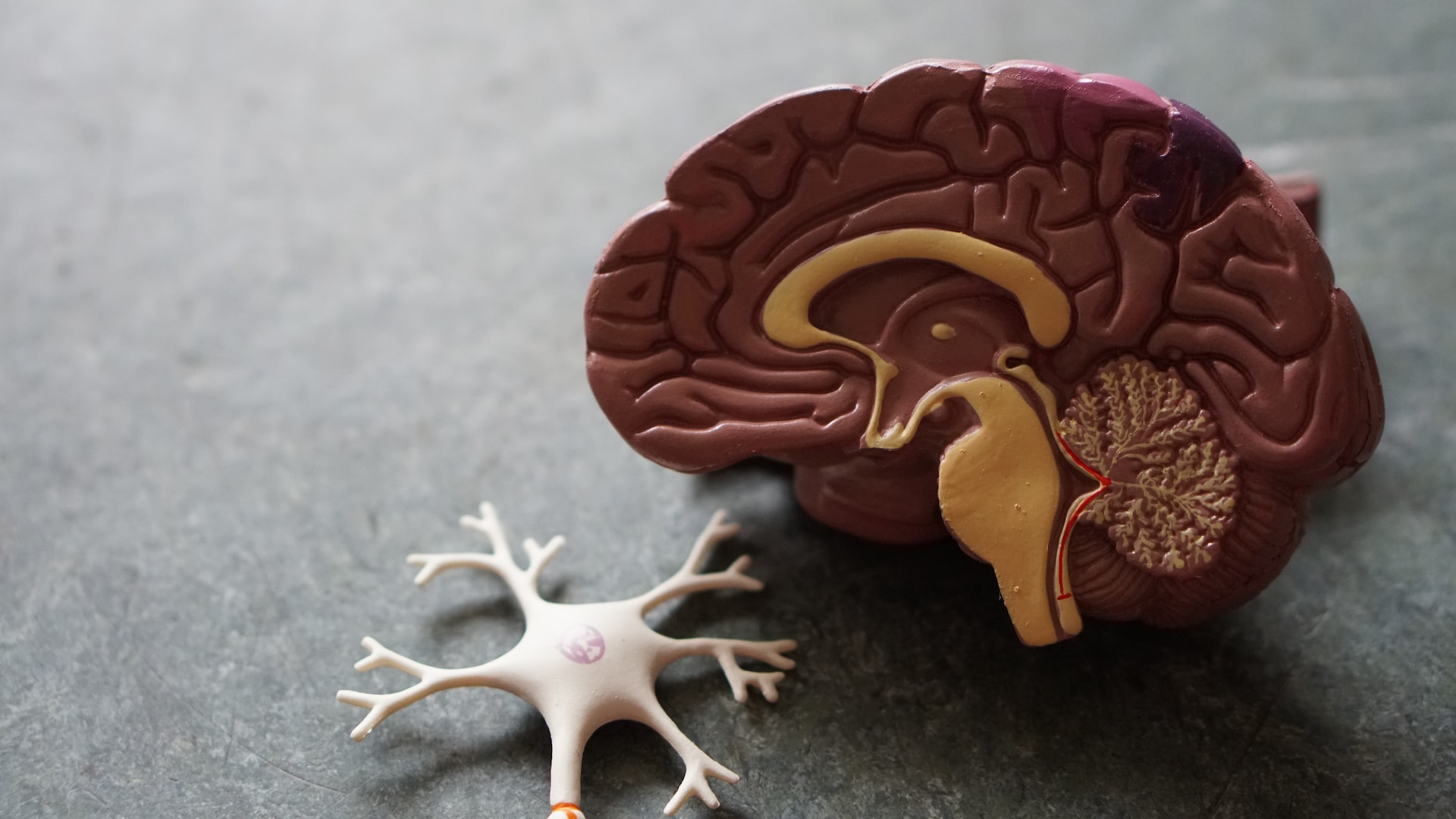The Hidden Dangers in Your Kitchen That May Accelerate Cognitive Decline
The Hidden Dangers in Your Kitchen That May Accelerate Cognitive Decline
Your kitchen is often considered the heart of your home, where meals are prepared and memories are made. However, it can also harbor hidden dangers that may affect your health, particularly your cognitive function. Cognitive decline, such as dementia, is a serious concern for many people, especially as they age. While age-related changes are normal, certain factors in your kitchen could potentially accelerate this process.
### Air Fryers and PFAS
Air fryers have become popular for their ability to cook food with less oil, making them seem like a healthier alternative to deep frying. However, many air fryers contain polyfluoroalkyl substances (PFAS), often referred to as “forever chemicals.” These substances do not break down easily in the body and have been linked to serious health concerns, including an increased risk of cancer. While the risk from air fryers is generally considered low if used properly, improper use can still pose health hazards.
To minimize risks, it’s important to clean your air fryer regularly and avoid eating the non-stick lining. Additionally, ensure that you do not leave the appliance unattended while it is in use, as this can lead to fires.
### Kitchen Safety for Seniors
For older adults, especially those experiencing cognitive decline, the kitchen can be a particularly hazardous place. Common risks include burns from stoves or scalding water, and accidents while preparing meals. Cognitive challenges can lead to mishandling appliances or forgetting to turn off burners, which can result in severe injuries.
To mitigate these risks, it’s advisable to install safety features such as temperature-regulated faucets and ensure that the kitchen is well-lit. Senior living communities often provide built-in safety measures and professional assistance, which can be beneficial for those who need extra support.
### Nutrition and Cognitive Health
While not directly a “danger,” the nutritional content of food prepared in your kitchen can impact cognitive health. A diet rich in processed foods and lacking essential nutrients can contribute to cognitive decline. On the other hand, a balanced diet with plenty of fruits, vegetables, and whole grains can help support brain health.
### Conclusion
While your kitchen may seem like a safe space, it’s important to be aware of potential hazards that could affect your cognitive health. By understanding these risks and taking steps to mitigate them, you can create a safer and healthier environment for yourself and your loved ones. Whether it’s ensuring proper use of appliances or maintaining a balanced diet, small changes can make a significant difference in the long run.





